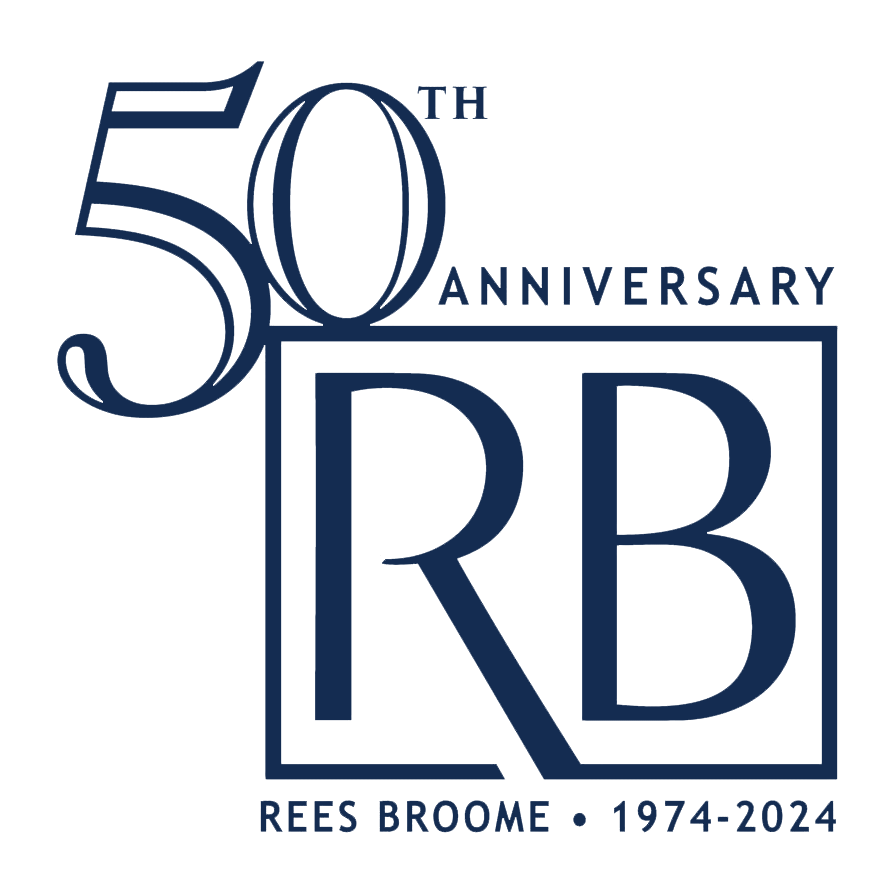If you are not already aware of the case of Ashly Alexander, et. al. v. Carrington Mortgage Services, LLC, 23 F.4th 370 (4th Cir. 2022), issued by the U.S. Court of Appeals for the Fourth Circuit (the federal district for Maryland and Virginia), you need to be. In that case, the court held that the mortgage servicer’s “convenience fees” for optional electronic payment methods was an amount not expressly authorized by the agreement or permitted by law and in violation of the Fair Debt Collection Practices Act (“FDCPA”), the Maryland Consumer Protection Act (“MD CPA”), and the Maryland Consumer Debt Collection Act (“MD CDCA”).
Note that this case is of particular importance to our Maryland condominium and homeowners’ associations and those management companies that manage such communities because such entities are subject to the MD CPA and the MD CDCA, which incorporates many of the prohibitions in the FDCPA. Specifically, the court confirmed that there was no distinction under the MD CPA and MD CDCA for loan servicing and debt collection; that these statutes (unlike the FDCPA), do not require the debt to be in default for the servicer to be deemed a debt collector.
Furthermore, we have been advised that the Maryland Office of the Commissioner of Financial Regulation is interpreting this case to prohibit any fee charged, whether for convenience or to recoup actual costs incurred by any entity that collects consumer debt for payments made through credit cards, debit cards, the automated clearing house (ACH), etc., including “pass through” credit card fees charged by the credit card company, unless specifically authorized by the applicable agreement or by law.
Although the Maryland Homeowners Association Act in Section 11B-114 provides some authority to collect electronic payment fees not to exceed the amount of any fee that may be charged to the homeowners’ association in connection with use of a credit card or debit card, this provision may not cover all fees imposed for electronic payments and no such statutory authority exists for condominium associations. Therefore, we are alerting our Maryland condominium and homeowners’ association clients and those management companies that work with them to discontinue the imposition of such fees or to at least perform a review of their electronic payment processes/fees before continuing to collect such fees. If you would like our assistance in reviewing these issues, please do not hesitate to contact our office.
